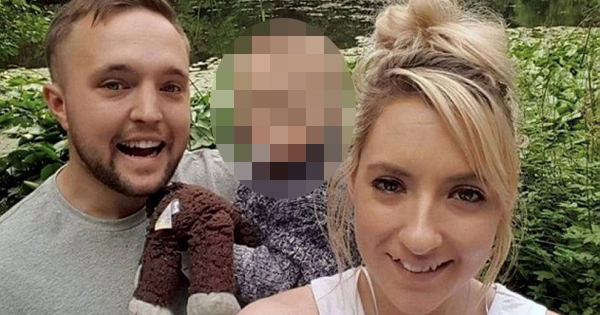Lisa Lee, 25 years old, kicked her partner, Lewis Little, out of the bed because he was snoring so loudly that it kept on waking her up. When he failed to move, Lee checked on him and realized that the noises he was making were him breathing for his life.
The doctors confirmed to Lee that her partner would still make it through and live a “long and healthy life.” Little, who’s also 25, died from abnormal heartbeats caused by a rare heart condition.
Little, who’s from Northumberland, was diagnosed as a “low risk” patient. The sounds that came out from him weren’t snores. They were air leaving his body and flowing through the vocal chords, according to Daily Mail.
Lee said, “I just thought he was snoring, so I kicked him out of the bed and told him to shut up. But I felt that the sheets were wet and knew something was wrong. I turned the lights on and his face was purple – he wasn’t breathing. I called an ambulance and it felt like it took forever.”
Lee, who has a child with Little named Tyler. Little previously went to Wansbeck Hospital in Ashington and Freeman Hospital in Newscastle for check-ups. He was diagnosed as a “low risk” and that the two didn’t have anything to worry about.
Lee said, “We were told that Lewis would have a long, happy and healthy life – but he died one year after diagnosis. Losing Lewis has destroyed me and our son Tyler. The syndrome is a silent killer – I just want to raise awareness of it and make sure something gets done.”
While Lee works as a sales assistant, Little worked as an agency worker. Lee said, “I know I can’t change what happened to my family, but I just want to save other families from going through the same grief because of Brugada.”
She continued, “Lewis was my soul mate. He would always say to me that he would propose – he had already picked out our wedding song. It has just put everything into perspective, life is so short and I feel like I was very naive to think that nothing like this would ever happen.”
According to Daily Mail, Brugada syndrome is a rare yet fatal heart condition. It can cause abnormally rapid heart rhythms called arrhythmias. This effect causes fainting and palpitations.
The condition is mainly genetic. The only proven treatment for the syndrome is the equipment of an implantable cardiac defibrillator, which is kind of similar to a pacemaker. Young and healthy people can be crippled by this condition.





